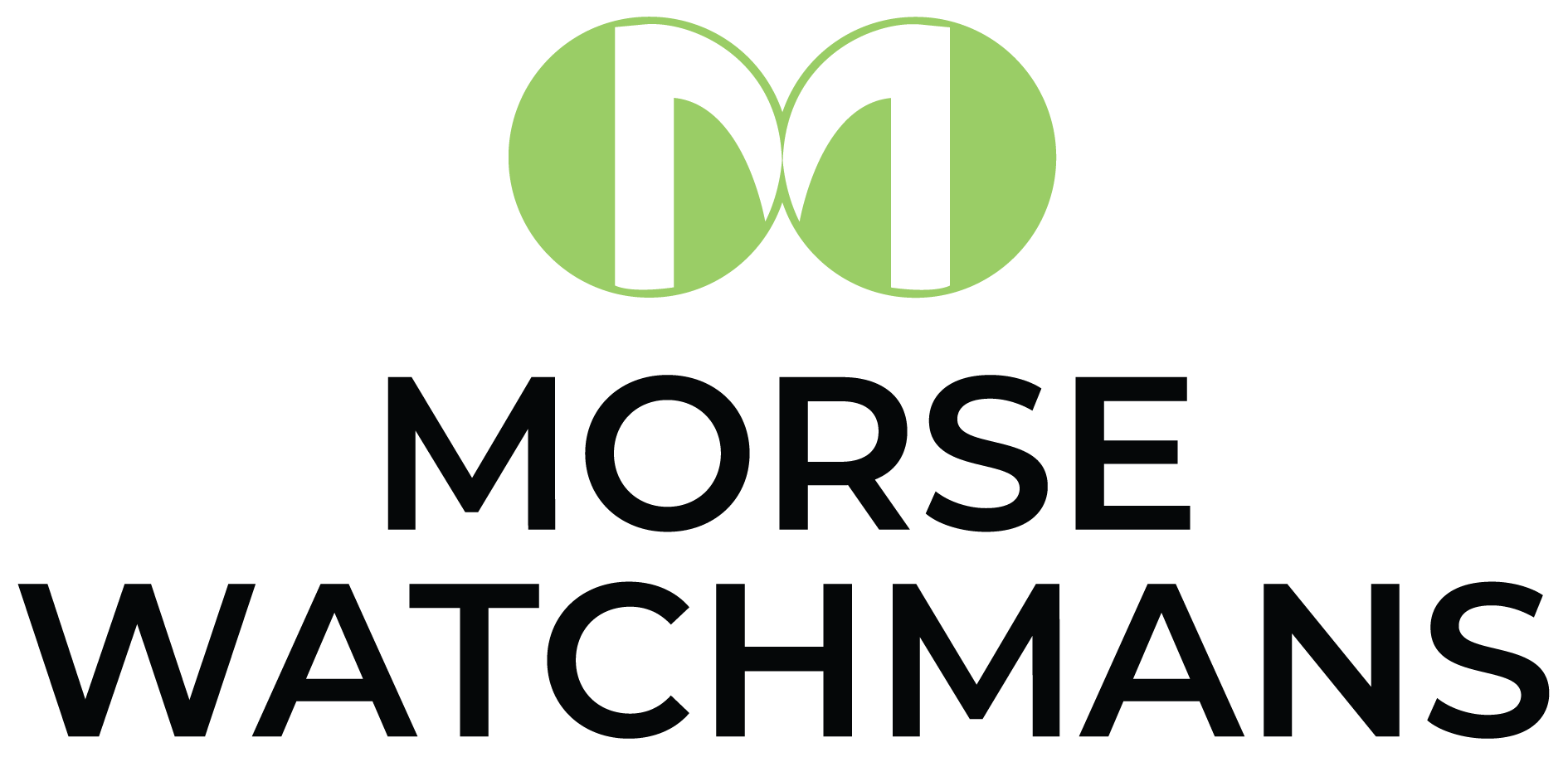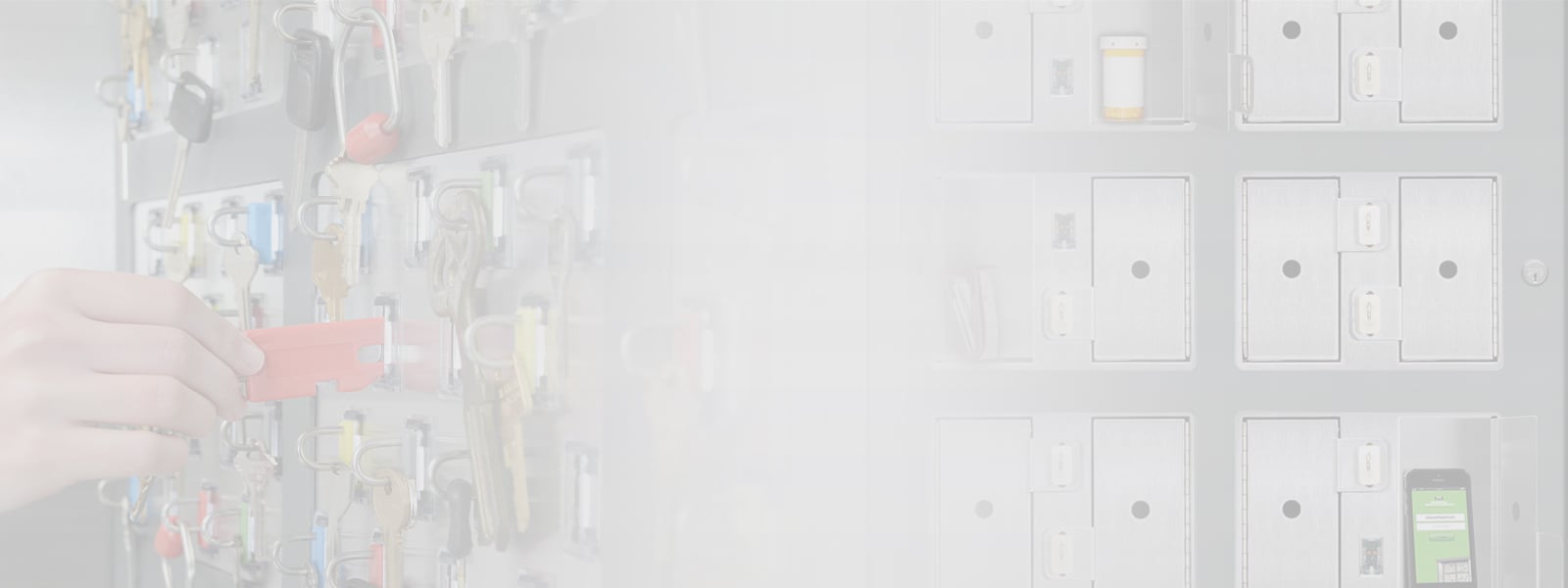With the continued expansion of gaming markets in the U.S., including Massachusetts, Ohio, Maryland, Louisiana and New York, existing and new casinos are increasingly relying on technology to comply with regulations and improve security. Key control and management technology can help casinos achieve these objectives – and here are five reasons why.
1. Controlled Access – Keys secured in the tamper-proof key cabinet can only be accessed by pre-authorized personnel with an approved user code, an access identification card or a pre-registered biometric fingerprint. Cabinets will not open until the system verifies that the user has permission for the specific key requested.
2. Automated Processes – All access activity is automatically recorded including date, time, table game number, reason for access and signature or electronic signature. The system is programmable to accommodate procedures required to access drop boxes outside of scheduled hours to the number of signatures needed to access highly sensitive keys.
3. Real Time Monitoring – At any time, operators can view the status of any key, quickly locate any key in the system or determine who has had keys out, for what areas and when. When keys are overdue, alerts are sent to the appropriate personnel via email or SMS text so that immediate action may be taken. Activity may also be monitored via mobile devices.
4. System Integration – Key management systems can be integrated with other security systems such as access control and video management systems for centralized control. Integration with existing databases reduces the potential for manual errors and changes made to user access are instantly and automatically enacted, helping to prevent unauthorized access.
5. Reports – Usage reports generated by the key management system provide valuable information for auditing or forensic purposes. Requested reports can trace key movements by time, date and user code as well as audit reports that track keys in use, overdue keys and inconsistent key usage. Reports can be generated as needed for emergency situations as well as being regularly scheduled.



